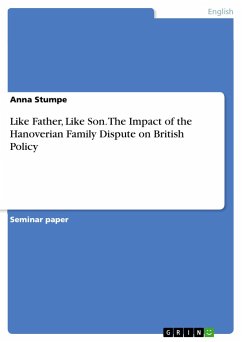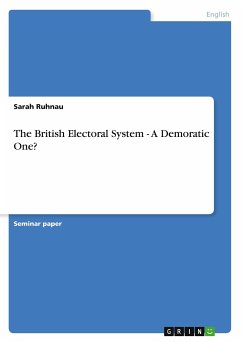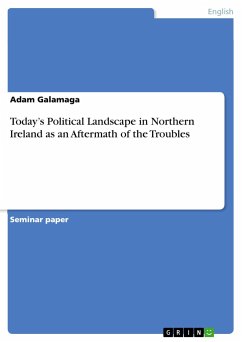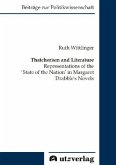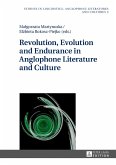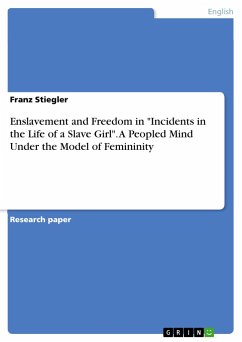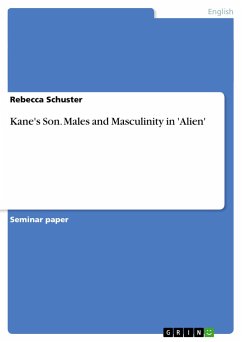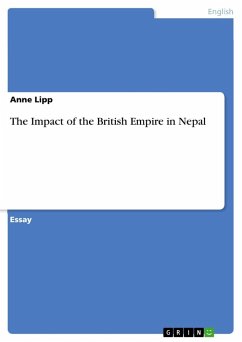Seminar paper from the year 2010 in the subject English Language and Literature Studies - Culture and Applied Geography, grade: 1,3, Martin Luther University (Institut für Anglistik und Amerikanistik), course: British Monarchy from Henry VIII to the Present, language: English, abstract: This assignment questions the family dispute within the early Hanoverian court, more precisely those between George Louis, Prince of Brunswick-Luneburg and his son George August, Prince of Wales and how far their relationship influenced governmental and administrative procedures in British domestic and foreign policy in both the reigns of George I (1714- 1727) and George II (1727-1760). Within the scope of the history of British monarchy, there is a considerable, growing specialist literature on British foreign policy and therefore an increasing interest on the Hanoverian Electorate. Most of the works concentrate on biographical data of George I and George II and historical effects of their political procedures, such as the Glorious Revolution or the Jacobite Rebellions. However, the core theme of this assignment lies in the relationship between both the kings, with relevance to the British monarchy's history and to what extent the Hanoverians have a bearing on imminent British policy.By contrast, with contemporaries, there is less information on both George I and George II. The amount of information, research and publications continues to fall on the second half of the eighteenth century. In the account of the eighteenth century as a whole, works on the first half do not play a main role but in recent decades an interest in George II looms what calls for the reference to his father, George I, as well.

